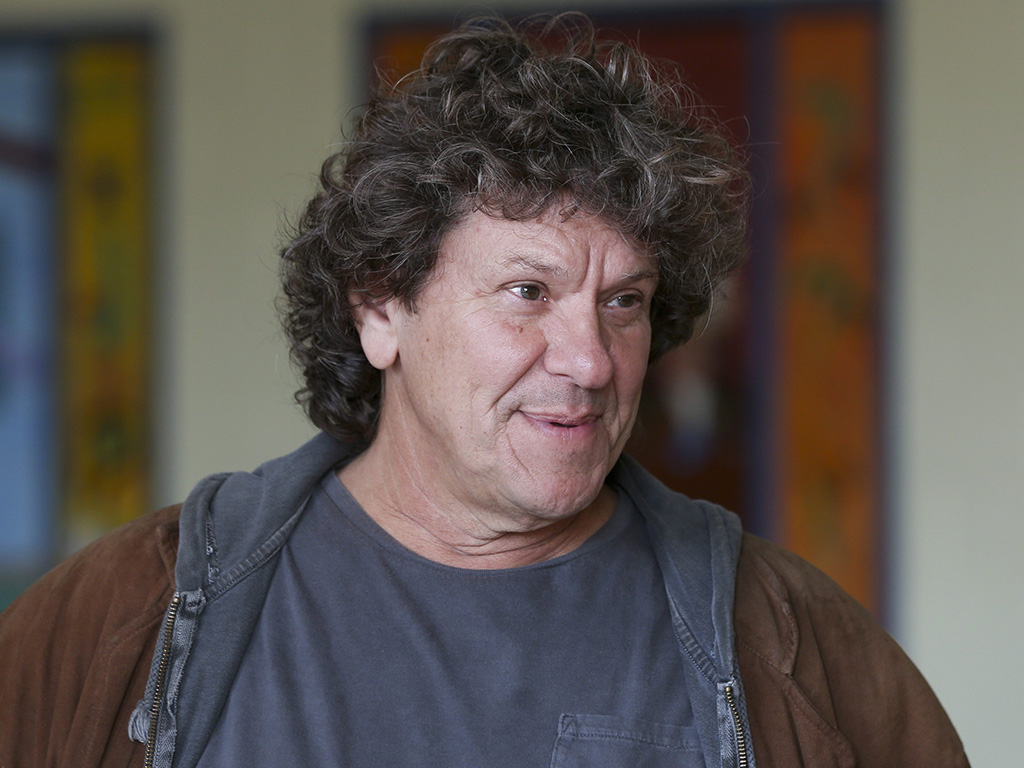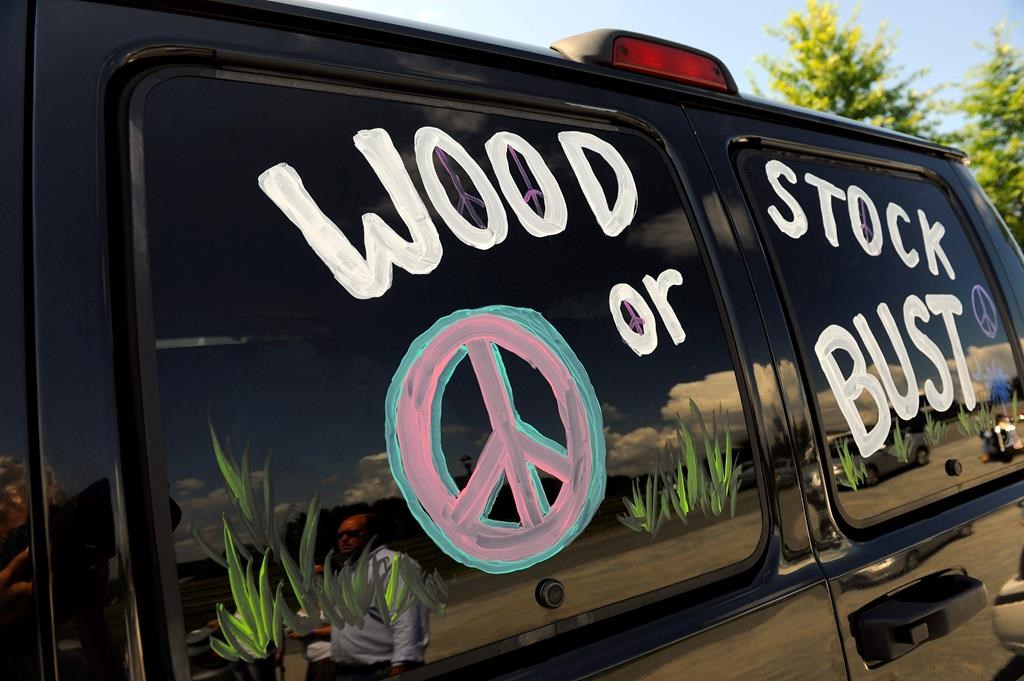Nearly 11 months after the official cancellation of the long-troubled Woodstock 50 music festival, its organizers have sued one of its former investors, Dentsu Aegis, or Dentsu, claiming, once again, the investor tried to “sabotage” the three-day event — cue Beastie Boys‘ 1994 hit of the same name.

The lawsuit, filed in New York Supreme Court on Wednesday (June 17), alleges that along with Dentsu, Amplifi Live — an affiliate of the multinational media and digital marketing company — “breached” their contracts with Woodstock 50 by making the “cold-blooded decision” to abandon the festival after supposedly agreeing to finance it, as seen in legal documents obtained by Variety.
“Dentsu and Amplifi made the cold-blooded decision to exit their investment having nothing to do with any alleged breaches by Woodstock 50, but rather to avoid the potential that the festival would not make money or not be as successful as they hoped,” the legal document reads.
Woodstock 50 was initially set to take place … somewhere in the northern U.S. states, between Aug. 16 and 18, 2019 and serve as a 50th anniversary celebration of the storied Woodstock 1969 festival — which had featured Santana and Jimi Hendrix, among hundreds of other iconic rock artists. The anniversary event was cancelled only two weeks before, on July 31, 2019.

Woodstock 50 attorney Marc Kasowitz said that the 2019 event “was to be one of the iconic musical and cultural events of our era.”
The plaintiffs are seeking “tens of millions of dollars in compensatory and punitive damages” from both Dentsu and Amplifi Live for allegedly being “directly responsible for the destruction” of Woodstock 50.
“Despite Woodstock 50’s best efforts, Dentsu’s sabotage was effective and complete, and directly resulted in huge damages to Woodstock 50,” the suit claims.

Get breaking National news
“As a result of Dentsu’s egregious conduct, Woodstock 50 is entitled to tens of millions of dollars in compensatory and punitive damages,” it adds.
In response to the suit, a representative for Dentsu, a marketing and PR company, denied these claims.
“Dentsu’s affiliate, Amplifi Live, acted in the best interest of the public last year after Woodstock 50 breached its agreement,” they told Rolling Stone in a statement on Wednesday.
Before its seemingly inevitable demise, Dentsu — also Woodstock 50’s biggest investor — officially severed ties with the festival following much uncertainty pertaining to delayed ticket sales, safety concerns and the lack of a venue.
Upon making its decision to back out, Dentsu announced that Woodstock 50 was cancelled on April 29. Woodstock co-founder Michael Lang, however, said that the company had neither the power nor the “legal right” to do so.
This resulted in Woodstock 50 seeking a court order against the company the following week.
That’s right, Wednesday’s lawsuit wasn’t the first time that the Woodstock 50 camp launched a legal dispute against Dentsu. On May 8, 2019, Kasowitz officially filed an injunction against Dentsu with the New York Supreme Court.

For those who may not know, last year’s petition requested that the court place a gag order on Dentsu and Amplifi Live, which would essentially force the companies to cease all communication relating to Woodstock 50 and return the amount of US$17.8 million that was allegedly taken from both parties’ shared account.
“Woodstock was blindsided by (the) announcement,” the lawyer wrote in the legal document, suggesting that Dentsu’s faux cancellation was a mere act of “sabotage” toward the festival.
A spokesperson for Amplifi Live later addressed this in a statement provided to Rolling Stone.
“After a full evidentiary hearing, the court credited Amplifi Live’s evidence that a safe and profitable festival could not be mounted, and therefore refused to order Amplfi Live to continue funding the project,” they said.
Not knowing that Woodstock 50 would soon meet its demise, Lang, 75, vowed to find new investors while promising fans that the “show (would still) go on” in response.
The “show,” however, did not go on.










Comments